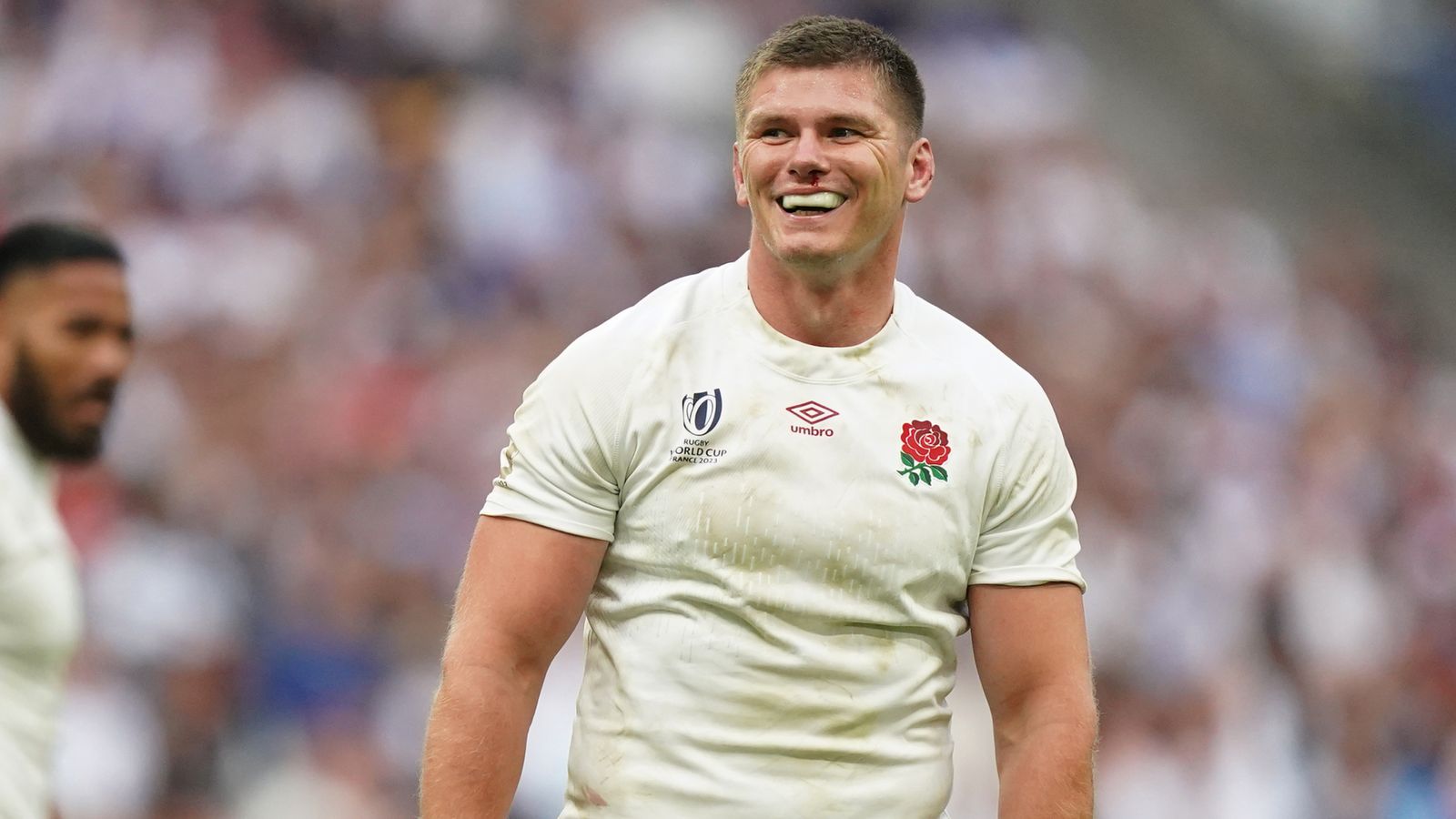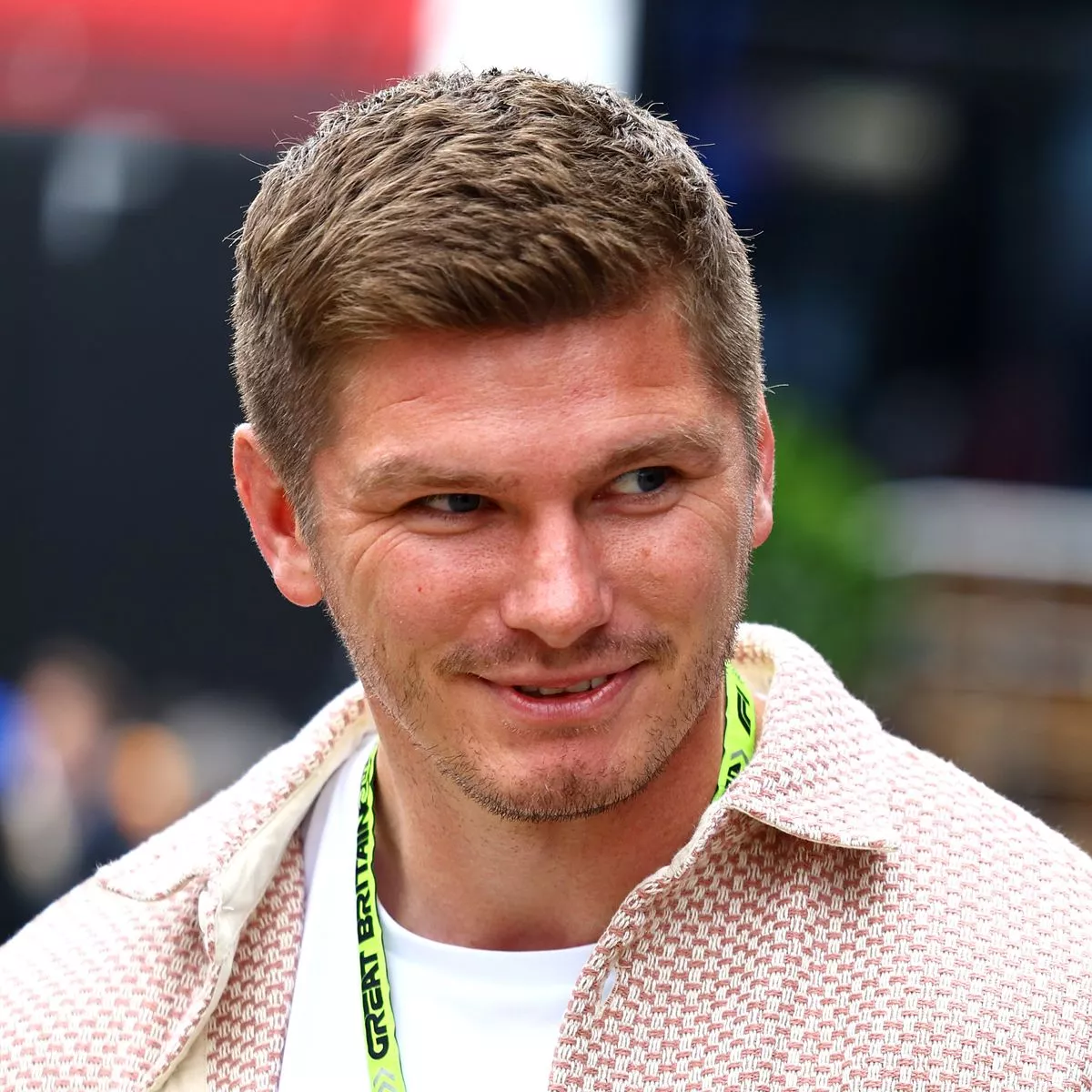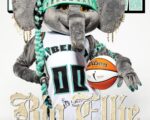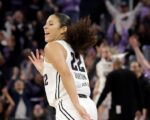Rugby fans are witnessing a surprising shift as Owen Farrell, Racing 92’s renowned fly-half, reportedly plans to exit the French Top 14 club after just one season. Joining him could be teammate Dan Lancaster, who is also eyeing a move. Both players’ potential departures come amid challenges faced during their time in France and signal significant changes in their professional journeys.
Owen Farrell’s Unexpected Racing Exit Raises Questions in Rugby Circles
Owen Farrell’s move to Racing 92 seemed promising when he joined ahead of the 2024/25 season on a two-year contract, leaving Saracens for new challenges. Yet, injuries severely hampered his impact, and the mid-season departure of Stuart Lancaster, the club’s director of rugby who originally brought Farrell in, has influenced the former England skipper’s decision to seek a return to the Gallagher Premiership.
- Injury struggles disrupted Farrell’s debut season in France, including a concussion and hamstring setbacks.
- Desire for a player-coach role at Saracens reflects Farrell’s evolving career ambitions beyond just playing.
- Club dynamics changed with Lancaster’s exit, affecting Farrell’s confidence and future plans.
- Financial considerations mean Racing will demand suitable compensation, complicating any transfer.
This situation resembles other high-profile exits in the Premiership, such as recent departures from Saracens and Gloucester, which also reshaped team rosters and dynamics.
Racing 92’s Fly-Half Dilemma Intensifies with Dan Lancaster’s Potential Departure
Alongside Farrell’s potential exit, Dan Lancaster, son of Stuart Lancaster, also faces an uncertain future at Racing. Despite delivering solid performances, his one-season deal is not anticipated to be renewed, and rumors point to a move to Glasgow where he targets selection for the Scottish national team.
- Consistent performances did not secure Lancaster’s future at Racing 92.
- Connection to Scottish heritage opens international doors.
- Upcoming move likely to the United Rugby Championship, expanding his career horizons.
- Number 10 role becoming highly competitive and sensitive at Racing post-Farrell.
These developments in player movement mirror wider trends within professional rugby, where shifts in team composition are impacting on-field performance and strategies. It also highlights the critical role of adaptability in managing athletic careers and sportswear, athletic gear, and training equipment needs.

Strategic Impacts of Player Changes on Racing 92’s Training and Performance Setup
Racing 92 faces a pivotal moment in redefining its squad and training approach owing to the expected departures of two key fly-halves. This calls for adjustments in fitness routines, performance analytics, and team apparel to maintain competitive edge in the Top 14 and European contests.
- Reallocation of training equipment to maximize efficiency after squad changes.
- Enhanced focus on fitness and conditioning programs tailored for new team dynamics.
- Recruitment plans aiming to fill the void created by Farrell and Lancaster’s exit.
- Integration of sportswear innovations to support player recovery and performance.
As the club adapts, understanding the broader context of recent high-profile moves, like those confirmed in the Premiership and United Rugby Championship, remains essential for shaping Racing’s competitive framework in 2025.
Broader Rugby Transfer Trends Reflect Shifting Priorities in Player Development
The departures of Owen Farrell and Dan Lancaster are not isolated but form part of a larger pattern seen across elite rugby clubs where player movement is increasingly strategic:
These dynamics pressure clubs to innovate in fitness and training equipment, team apparel, and overall athlete management to sustain high-level performance.




